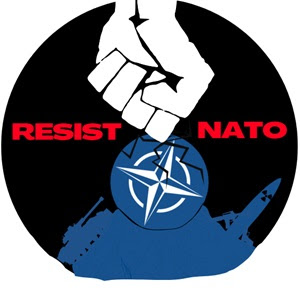President Putin delivered Russia’s strongest warning to date against the NATO escalation. He chose a meeting in Tashkent, Uzbekistan, with top Uzbek officials. With 37 million people, Uzbekistan is the second most populous country of the former Soviet Union.
The Russian delegation to Tashkent included nearly half of the key Russian government ministers, heads of regions and Cabinet ministers from both Russia and Uzbekistan. It was held to move forward with joint plans of industrial cooperation, energy and infrastructure.
At a large press conference following the meetings, Putin said, “Long-range precision weapons cannot be used without space-based reconnaissance. […] Final target selection and what is known as launch mission can only be made by highly skilled specialists who rely on this technical reconnaissance data. It can happen without the participation of the Ukrainian military.
“Launching other systems, such as ATACMS, for example,” Putin continued, “also relies on space reconnaissance data. Targets are identified and automatically communicated to the relevant crews. […] The mission is put together by representatives of NATO countries, not the Ukrainian military. This unending escalation can lead to serious consequences. If Europe were to face those serious consequences, what will the United States do, considering our strategic arms parity? It is hard to tell.
“Presidential election is coming soon, and the current authorities want to confirm their status as an empire. Many in the United States do not like this, do not want to be an empire and bear the imperial burden.” (For the entire news conference, see en.kremlin.ru/events/president/news/74132)
General Ivan Timofeev, Director of the Russian International Affairs Council (RIAC), warned: “NATO is spending ten times as much as Russia — if not more — on defense. It’s certainly a dangerous scenario.” (Tass, May 30)
This enormous expenditure is not sufficient to save the Ukrainian government, built on a U.S. orchestrated coup in 2014, from total collapse.
Rather than reassess their deteriorating global position, U.S. strategists seem determined to put the fate of the world at risk.
It's a very concerning development, NATO is actively pushing the world towards a nuclear holocaust right now.
Can Iran loan the Whitehouse some helicopters? I know it won't fix much in the long run, but I need a little breathing room. Please?



